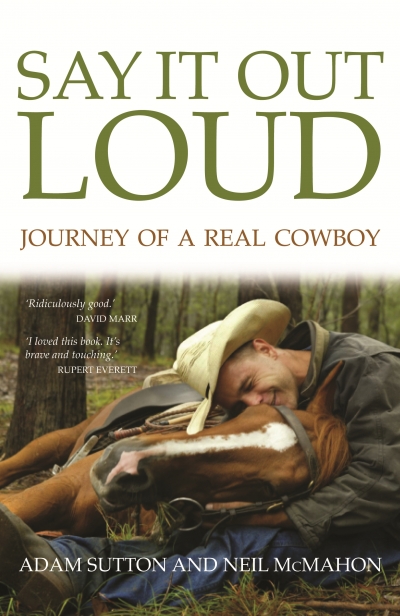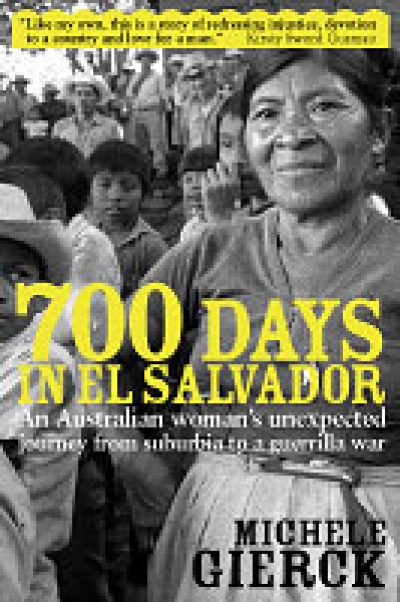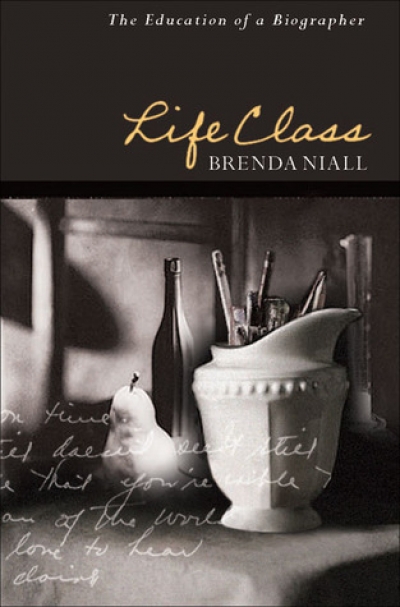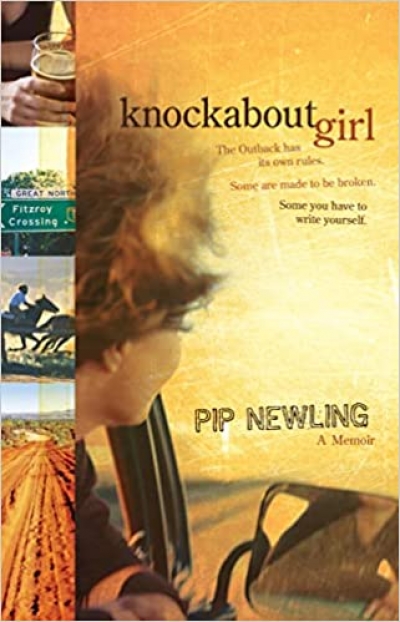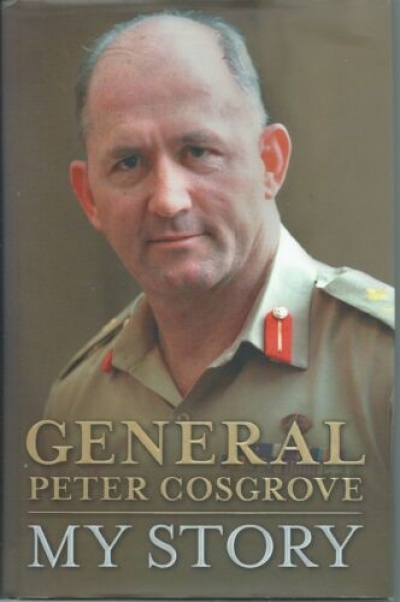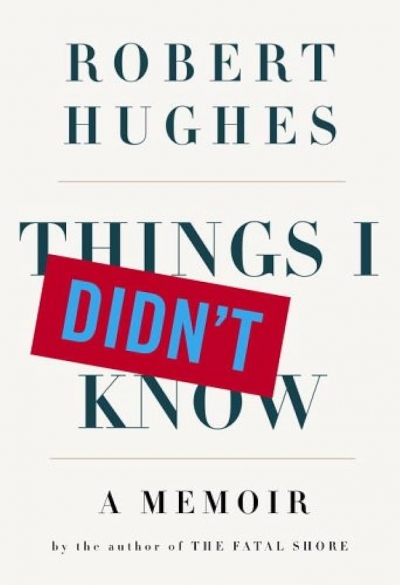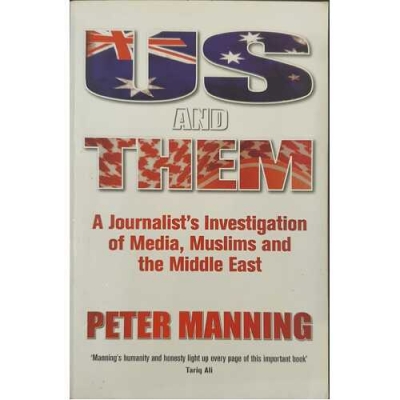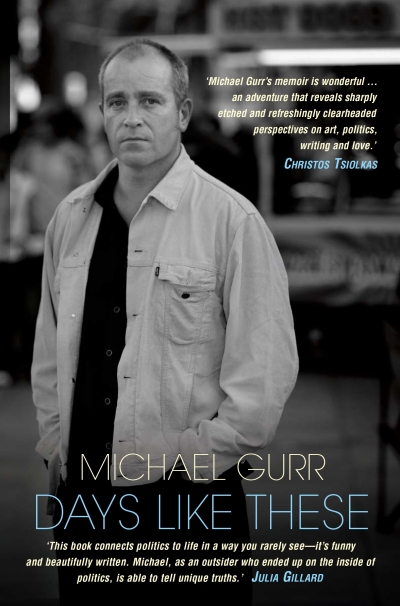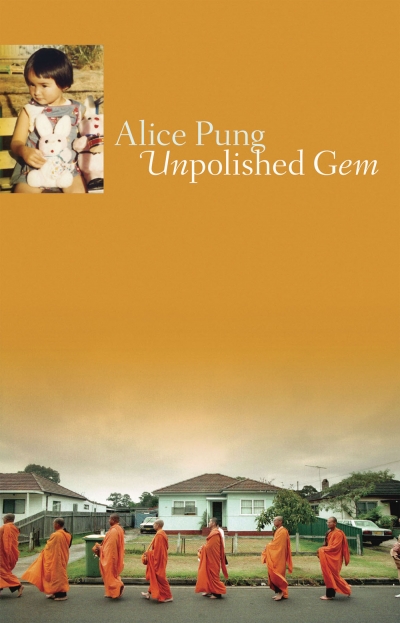Memoir
Say It Out Loud: Journey of a real cowboy by Adam Sutton and Neil McMahon
by Adam Sutton •
General Peter Cosgrove by Peter Cosgrove & Cosgrove by Patrick Lindsay
by Brian Matthews •
‘Welcome to the Netherlands!’ the sign says in Dutch and English. The Schipol customs official inspects my Australian passport. ‘Nederlands geboren,’ he sniffs. ‘Zo je komt terug.’ So you’ve come back, he adds, in a tone suggesting that I might have left something behind minutes ago, rather ...
Things I Didn’t Know by Robert Hughes & North Face of Soho by Clive James
by Peter Rose •
Us and Them: A journalist’s investigation of media, Muslims and the Middle East by Peter Manning
by Alison Broinowski •

